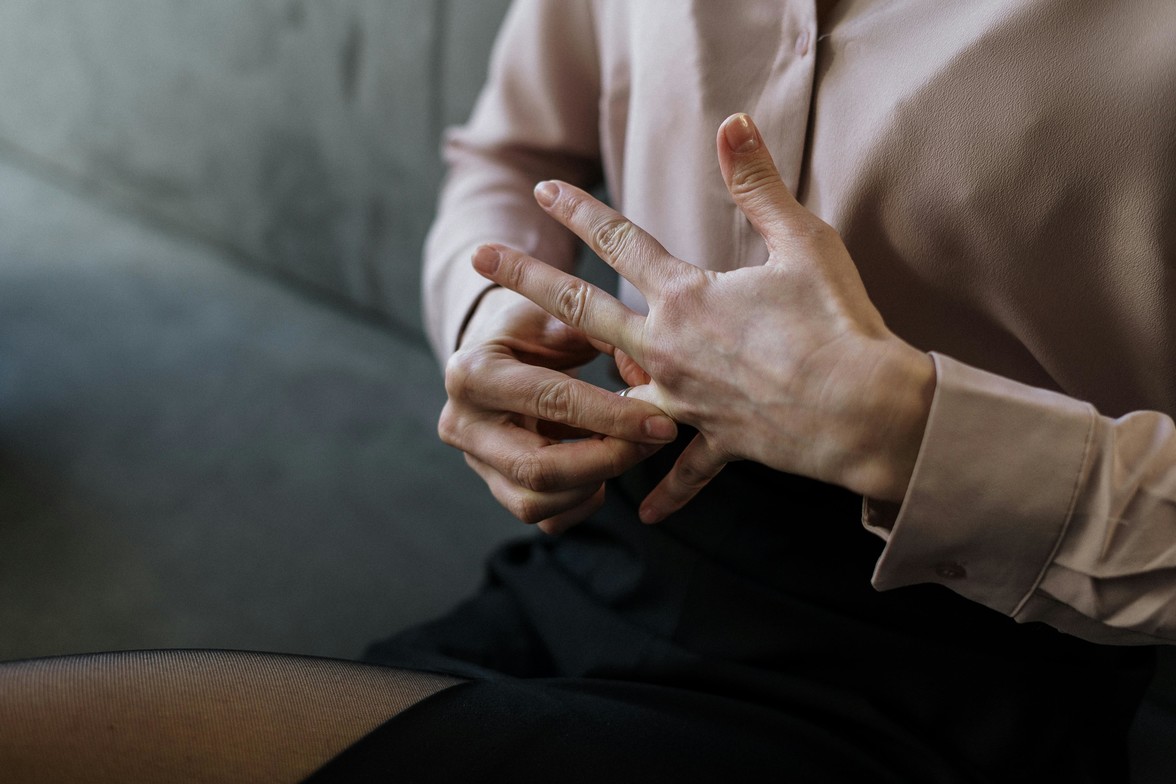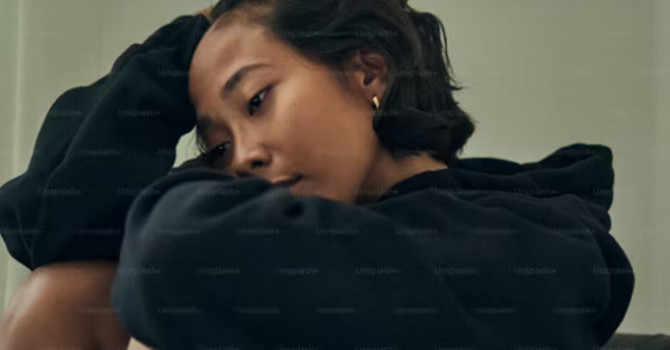
Rachel Lindsay’s $500K divorce settlement might’ve been avoided with one simple step: divorce counselling.
Think it’s just for saving marriages? Think again.
Welcome to this week’s Helps Counselling article discussion—where we don’t just talk about celebrity drama, we unpack what it can teach us about emotional health, relationships, and in this case… your bank account.
This week’s hot topic? The very public unraveling of Rachel Lindsay and Bryan Abasolo’s marriage, and more specifically, the jaw-dropping financial aftermath. The former Bachelorette is reportedly on the hook for half a million dollars in spousal support, and now the internet is buzzing with one major question: how did it come to this?
While it’s easy to point fingers at prenups and tabloid-worthy fallout, there’s one under-discussed solution that could’ve changed everything: divorce counselling.
The Divorce Heard Around Reality TV
In case you missed it, Rachel Lindsay, known for breaking barriers as the first Black lead on The Bachelorette, recently finalized her split from Bryan Abasolo, her on-screen pick turned real-life husband of nearly four years. According to a recent article in Cosmopolitan, court documents reveal Lindsay has agreed to pay a $500,000 settlement to Abasolo in lieu of long-term spousal support.
That’s not just a paper cut. It’s a financial wound.
What makes the whole situation even more striking is Lindsay’s open regret over not having a prenuptial agreement. She’s spoken candidly about how love and idealism clouded her judgment, admitting that her lawyer friends told her to get a prenup… and she didn’t listen.
Let’s be real: Rachel isn’t alone. Plenty of couples, especially those who fall in love fast and furiously, skip the tough conversations in the name of romance. But as Lindsay’s experience shows, those skipped conversations can come with a hefty price tag. That’s where divorce counselling enters the picture.
What Is Divorce Counselling, Really?
Most people assume divorce counseling is something you try after the decision is made—when everything is already broken and emotions are raw. But divorce counseling isn’t just a last-ditch attempt to fix things.
In reality, divorce counselling is a structured, professional way to prepare for the end of a relationship. It helps both parties:
-
Process grief, anger, and anxiety
-
Mediate tough conversations around money, assets, custody, and living arrangements
-
Clarify mutual goals and protect long-term mental health
-
Avoid costly legal missteps (like not getting a prenup or underestimating alimony)
It’s not about reconciliation (although that can happen too). It’s about intentional separation. One that minimizes damage and sets both people up for emotional and financial stability on the other side.
The “What If?” That Could’ve Changed It All
Now imagine this: It’s 2020. Rachel and Bryan are just starting to feel the emotional distance set in. Maybe the long-distance setup between L.A. and Miami is wearing thin. Maybe their visions for the future don’t align anymore.
What if, instead of ignoring the growing gap, they sat down with a neutral third party?
Picture a counsellor helping them unpack their financial expectations. Lindsay shares that she’s the primary earner and wants to protect her assets. Bryan expresses concerns about post-divorce financial security. The counsellor helps them draw up a postnuptial agreement, a legal document that can be created even after marriage.
Or maybe they do split, but with clarity, collaboration, and compromise. Bryan might’ve walked away with his Honda Accord and dignity but not half a million dollars.
Cheeky? Maybe. But also realistic.
Divorce counselling could have facilitated that outcome, not just for Rachel and Bryan, but for any couple navigating the gray area between love and logistics.
Why Divorce Counselling Matters—Even If You’re Not a Celebrity
You might not have TV contracts or podcast empires on the line, but that doesn’t mean your breakup won’t come with emotional and financial complications.
Here’s why divorce counselling benefits everyday couples, not just Hollywood ones:
1. You Don’t Know What You Don’t Know
Without professional support, most couples rely on gut instinct or Google to guide them through a divorce. That’s a recipe for missed details, hidden resentment, and rushed decisions.
A therapist can help both partners understand the impact of decisions before they’re finalized, from the emotional toll of shared custody to the long-term ripple effects of unequal asset division.
2. It Lowers the Emotional Temperature
Lawyers escalate. Friends take sides. Social media adds fuel to the fire. Divorce counselling offers a calm, confidential space to speak honestly without shouting over one another—or letting unresolved trauma steer the conversation.
By clearing out the emotional baggage early, couples are better equipped to move forward without revenge fantasies or financial power plays.
3. It’s Cheaper Than Court
The average contested divorce can cost tens of thousands of dollars in legal fees, not to mention years of emotional fallout. Divorce counselling sessions? A few hundred bucks and a much higher return on investment.
Let’s be blunt: A handful of therapy sessions could save you a five-figure legal fight, or in Rachel’s case, a six-figure payout.
Divorce Counselling in Canada: What You Need to Know
In Canada, divorce counselling is increasingly common, and for good reason. Our family court system often encourages or even mandates mediation before a divorce proceeds to litigation. Why? Because it works.
Whether you’re in Toronto, Vancouver, or managing a long-distance situation across provinces, there are licensed therapists trained in:
-
Collaborative divorce
-
Co-parenting planning
-
Emotional support for high-conflict separations
-
Legal system navigation and referrals
You don’t need to be in crisis to get started. In fact, the earlier you begin, the smoother the process tends to go.
At Helps Counselling, we offer confidential support for individuals and couples at every stage of relationship transition from “Should we separate?” to “We’re signing the papers tomorrow.”
The Truth: Divorce Doesn’t Have to Be Destructive
There’s a cultural myth that divorce has to be messy, expensive, and dramatic. But with the right guidance, it can be mature, fair, and even healing.
Rachel Lindsay is a smart, accomplished woman with a law degree—if it can happen to her, it can happen to anyone. Her story isn’t one of failure, it’s one of reflection. And it highlights something we should all pay more attention to:
Just because you’re emotionally ready to divorce doesn’t mean you’re legally or financially prepared.
That’s what divorce counselling helps you do. Prepare. Protect. Process.
Final Thoughts: What You Can Learn from Rachel Lindsay’s $500K Mistake
Divorce counselling might not make the headlines like celebrity settlements do, but it can change your life in quieter, more meaningful ways.
Rachel Lindsay’s story reminds us that love isn’t always enough. And that skipping hard conversations today often leads to even harder consequences tomorrow.
Before you sign anything. Before you move out. Before you walk away, heart in pieces and wallet in danger, consider divorce counselling.
It’s not just therapy. It’s strategy.
It’s not just emotional support. It’s financial foresight.
It’s not just for reconciling. It’s for letting go with grace and smarts.
Ready to Make Your Next Step the Right One?
If you’re thinking about separation, already in the middle of it, or want to explore your options before things get messy, we’re here to help.
Helps Counselling offers compassionate, confidential divorce counseling to help you gain clarity, communicate effectively, and protect what matters most: your peace of mind.



